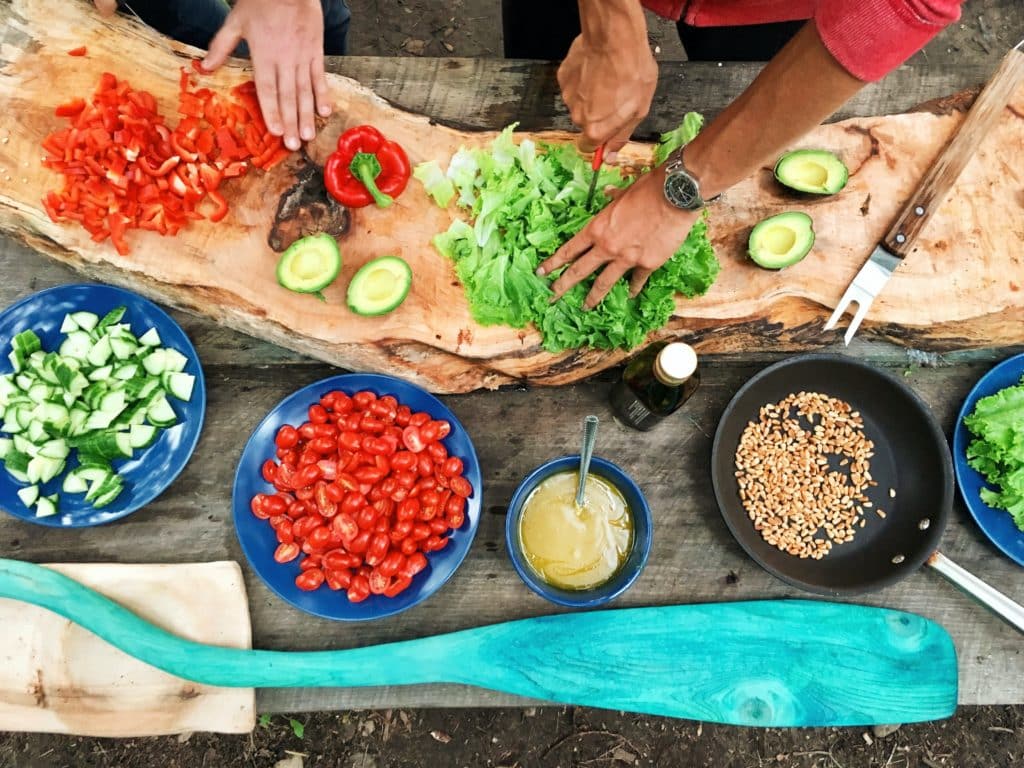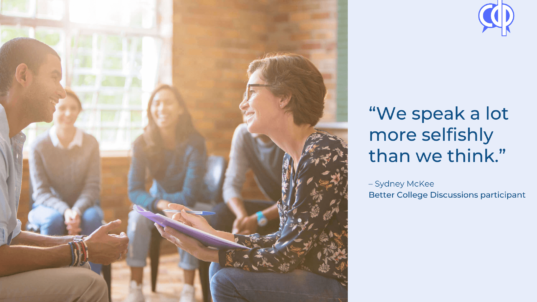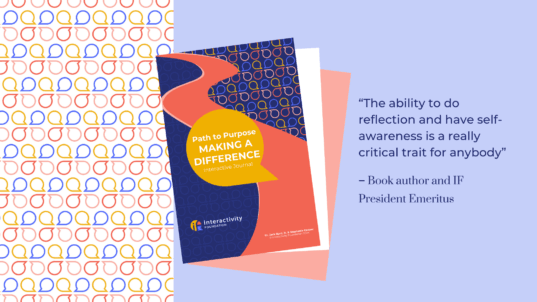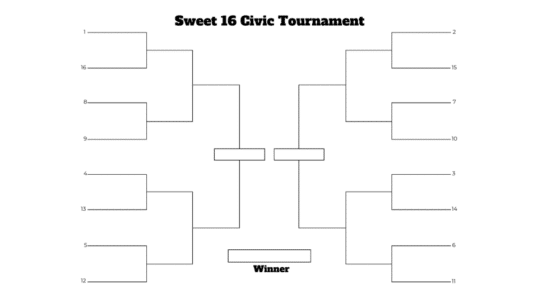
Photo by Maarten van den Heuvel on Unsplash
Discovering lessons for effective collaboration
“At the end of our last class, I asked you to come up with lessons about collaborative practices from the salad recipe experience,” Monica Weekly said as she began her next class. “Today I want you to develop your ideas of best practices. I’d like you to actually use these best practices in your discussion.” (Look back at the first class experience in Collaborative Salads? (Part One)).
As the groups began their work, confusion reigned once again. It didn’t take long for a student in each group to stand up and begin facilitating their group’s discussion.
The next thing that happened was that each group developed a process for their discussions. The process focused on how best to develop practices from each of their lists. They discussed behavioral norms for things like the contributions expected of each group member, and the respect they’d show each other as group members.
They also talked about the very nature of collaboration. They focused on the end goal of their discussions, namely that their aim was to describe different possibilities. For the first session, this meant different possible salad recipes. For future sessions, it would mean developing different ways of thinking about the issues under discussion.
The idea of collaborating to describe different possibilities led the groups to talk about the value of diverse perspectives. Rather than thinking about the right or wrong way to think about an issue, they realized they needed to think about circling around topics from multiple perspectives. (You may find some of the Interactivity Foundation’s educational resources to be helpful).
Toward the end of class, Weekly reconvened the entire class.
“What you have just experienced is something I call discovery learning. I could have lectured you on collaborative practices, but I suspect my lecture may have had only minimal impact on how you took to heart effective collaborative practices. By experiencing the chaos of a discussion, you discovered for yourself how to make them collaborative.”
“One last thing”, she said. “The salad exercise you went through last class is something I call a memory anchor. I know from previous students that they have used the same exercise in their careers. Concepts are long forgotten unless you try to connect them to an experience that people will long remember.”
* * *
“Many ideas grow better when transplanted into another mind than in the one where they sprang up.” – Oliver Wendell Holmes (prominent former US Supreme Court Justice)
This post is part of our “Think About” education series. These posts are based on composites of real-world experiences, with some details changed for the sake of anonymity. New posts appear Wednesday afternoons.



